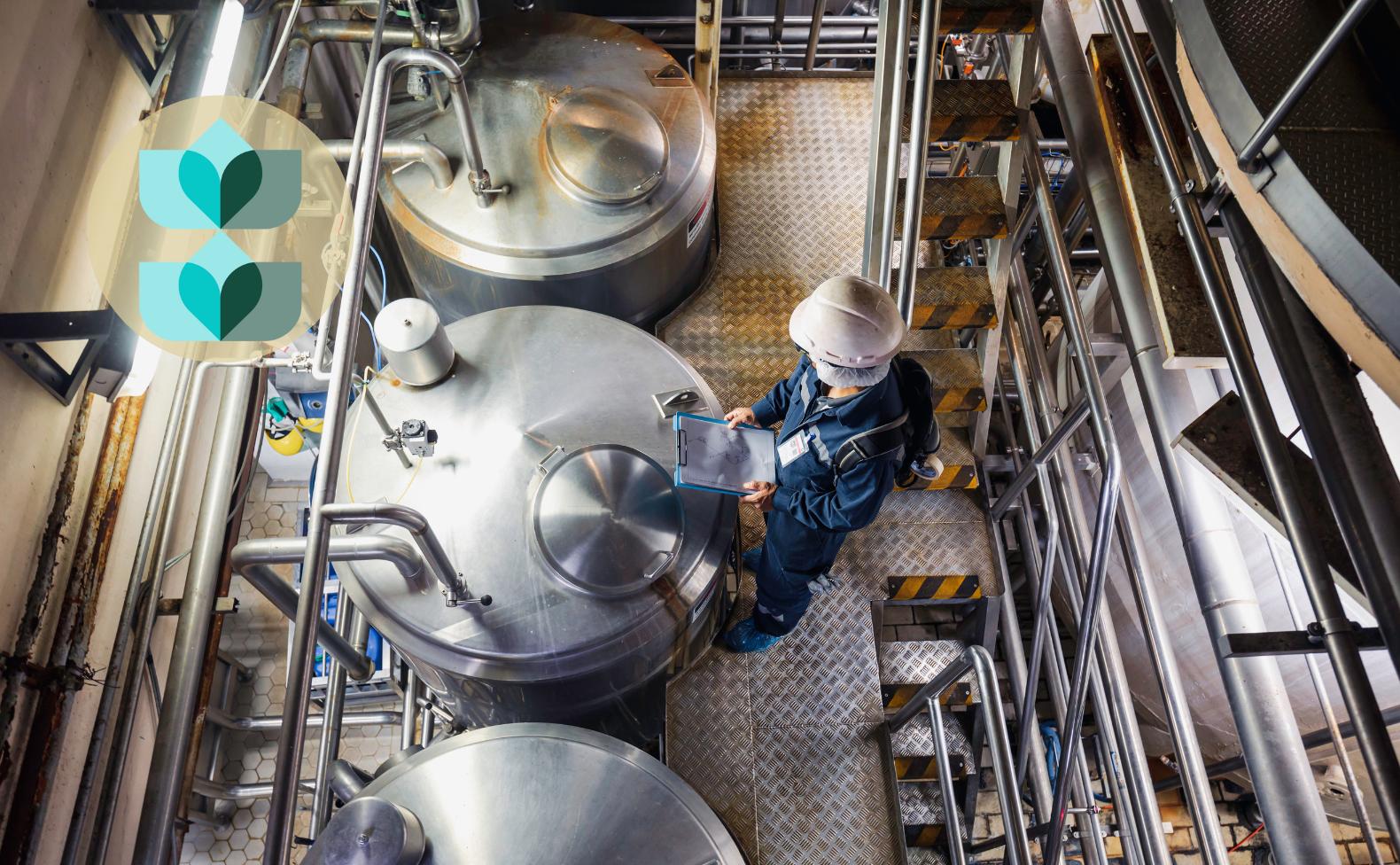In today's conscientious consumer landscape, the demand for fairly sourced and sustainable items has risen. Private label food manufacturers have actually become pioneers in this domain, frequently working together with contract food makers to spearhead sustainability and also accountable sourcing efforts. With a resolute commitment to environmental principles, private label brands have made it their objective to provide sustainable, top quality alternatives to customers.
Private Label Food Manufacturers
Over the last few years, private label food manufacturers, additionally referred to as very own brands or store brand names, have seen a remarkable rise in appeal. These producers produce items marketed under the logo design of a store, grocer, or personal entity. What sets private-label items apart is their ability to use competitive prices without endangering on high quality.
Agreement Food Manufacturers
Several private-label food manufacturers sign up with pressures with agreement producers to create their line of product. Contract food makers are professionals in producing foodstuff for private tags. This calculated collaboration allows exclusive label companies to tap into the competence, sources, and dedicated food manufacturing centers of their partners.
Sustainability at the Core
Private label food manufacturers use various strategies to improve sustainability within their supply networks:
Honest Sourcing:
Private label firms are significantly committed to sourcing components according to honest as well as fair trade standards. This requires making sure that producers and also workers of basic materials, such as coffee beans, flavors, or cacao, receive reasonable payment for their initiatives.

Neighborhood Sourcing:
Prioritizing neighborhood sourcing of active ingredients is one more trademark of private-label food manufacturers. This not just lowers the carbon impact connected with transportation yet additionally supports regional farmers and neighborhoods.
Organic Contents:
With the organic food market increasing, exclusive labels are responding by integrating organic active ingredients right into their product lines. Organic farming techniques focus on dirt health and wellness while eschewing artificial chemicals and fertilizers.
Sustainable Seafood:
Private Label Food Manufacturers are diligent in making sure that the seafood they utilize is sustainably gathered, adhering to guidelines established by companies like the Marine Stewardship Council, which advertises liable fishing.
Minimized Food Waste:
Private label companies are proactively working with minimizing food waste by applying efficient manufacturing processes and establishing items with longer life span. Some brands are also partnering with food rescue organizations to give away surplus food to those in need.
Eco-Friendly Product Packaging and also Efforts
Sustainability efforts by private-label food suppliers prolong past sourcing components to include packaging and also environmentally friendly efforts:

Exclusive label brands have actually accepted environment-friendly product packaging options, consisting of recyclable, naturally degradable, or compostable materials. Upgrading product packaging to minimize excess product and also decrease environmental impact is a top concern.
Waste Reduction:
To reduce wastefulness, private-label food manufacturers maximize item sizes, lower excess packaging, and also check out innovative product packaging solutions. Some brand names also urge clients to join reusing programs.
Power Effectiveness:
Numerous private label manufacturers are buying even more energy-efficient manufacturing plants, minimizing water usage, and taking on renewable resource sources to better lower their ecological footprint.
Carbon Neutral Initiatives:
Some exclusive brand name food manufacturers are taking enthusiastic steps to attain carbon neutrality by countering their greenhouse gas emissions via reforestation jobs and renewable energy credit scores.
Challenges as well as the Road Ahead
Regardless of the substantial strides made in sustainability and liable sourcing, private-label food makers face difficulties. Stabilizing sustainability with cost-effectiveness can be a delicate act, sometimes calling for concessions on lasting active ingredients or the expedition of environmentally friendly options.
However, the future of private-label food manufacturing holds wonderful assurance. As customer awareness and demand for sustainable products remain to climb, private-label brand names and their contract food manufacturing companions are likely to escalate their initiatives. Collaboration with distributors and also financial investment in sustainable technological developments as well as transparency will be essential in shaping a lasting future for the industry.
Regularly Asked Concerns
Q1: What are private label food manufacturers?
Private label food manufacturers produce products sold under the logo design of a retailer, grocer, or personal entity. They supply competitively priced items without jeopardizing on high quality.
Q2: Exactly how do private label food manufacturers promote sustainability?
Private label food manufacturers promote sustainability through ethical sourcing, local component purchase, making use of natural active ingredients, sustainable fish and shellfish techniques, as well as initiatives to decrease food waste.
Q3: What green product packaging choices do personal label brand names make use of?
Private label brands embrace private label specialty foods environment-friendly product packaging alternatives such as recyclable, naturally degradable, or compostable materials. They also revamp packaging to lessen excess material and also minimize ecological impact.
Q4: What tests do private label food manufacturers encounter in sustainability efforts?
Balancing sustainability with cost-effectiveness is a significant obstacle for private label food manufacturers. This may need concessions on sustainable active ingredients or the exploration of eco-friendly choices.
Final thought
Private label food manufacturers go to the leading edge of the sustainability as well as responsible sourcing motion within the food sector. Their dedication to ethical sourcing, regional purchase, organic ingredients, and also sustainable methods, in addition to their devotion to environmentally friendly packaging and also waste reduction campaigns, demonstrate their decision to satisfy the needs these days's eco-conscious customers.
In spite of the obstacles they encounter, private label food manufacturers are positioned for a promising future. With customers significantly focusing on sustainability, the market is most likely to witness even higher cooperation with suppliers, investment in sustainable modern technologies, and also a commitment to openness. As we move on, private label food manufacturers will certainly remain to play an important function in shaping a more sustainable and moral food landscape for all.